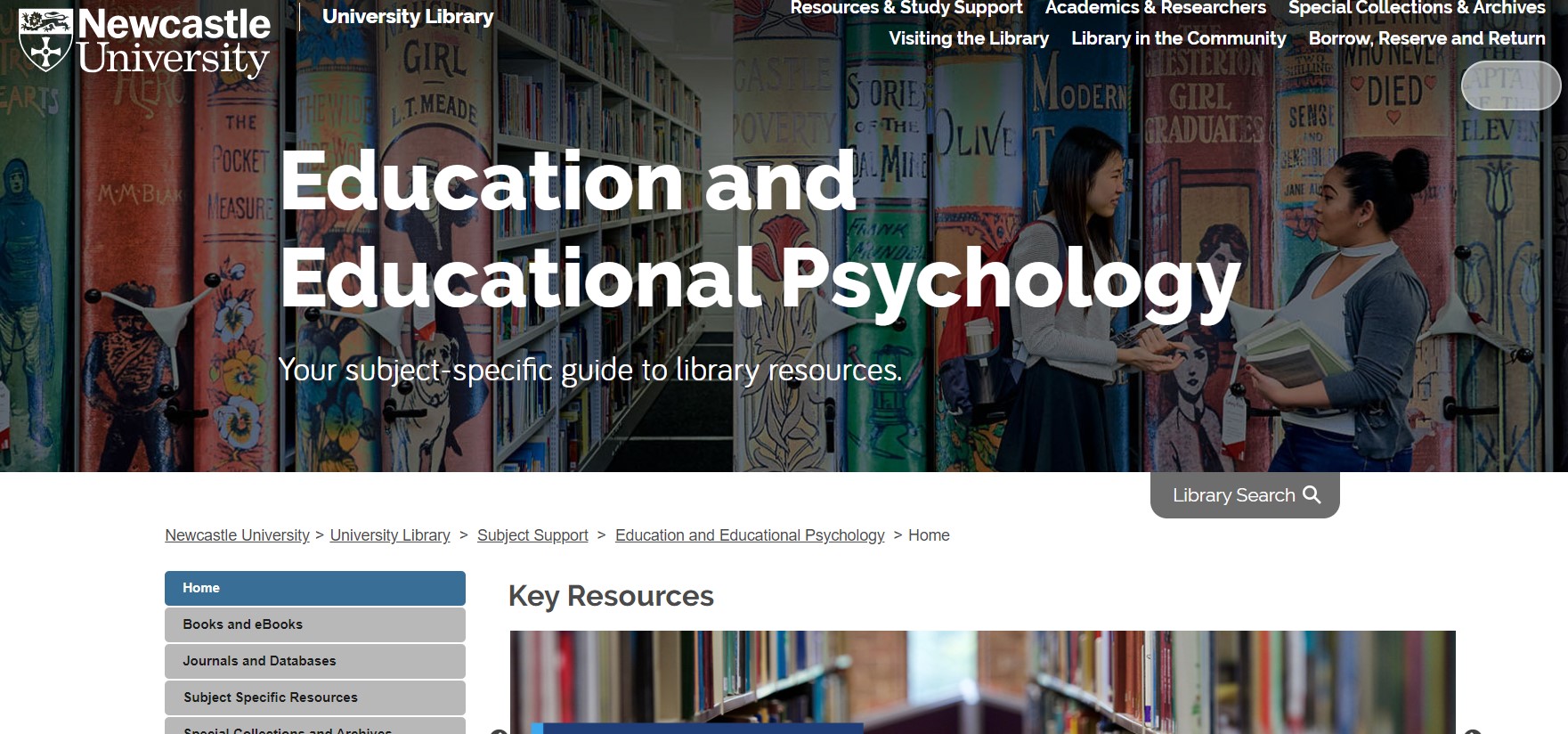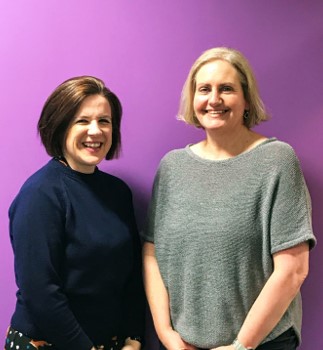GOVERNMENT PUBLICATIONS

Surely all MPs are giving us the correct facts?
Take a look at our links to resources for Legislation, Statistics and Official Publications to make sure!
Government publications provide primary information in a variety of subjects. Statistics, White Papers, Parliamentary Bills and a whole range of Official Legislation.
These are a good reliable source of accurate statistics, and can give support to your argument in essay topics across all subjects.
Many government publications are now available online; our Library Guide highlights the useful websites.
Interested in Student Loans or the legal details of part time Employment Contracts?
Details of all UK legal processes can be found at the government website Gov.uk which provides lots of useful information about government services, with an A-Z of departments, agencies and local councils.
Meaningful Vote mean anything to you?

Keep up with the debate and Prime Ministers Questions at this website.
Follow the government shenanigans as it happens!
Democracy Live is the BBC’s new website which offers live and on demand video coverage of the UK’s national political institutions and the European Parliament.
Who stole 40 llbs of butter from Mr Wadsworths wagon in 1778?

You can find out here in The Proceedings of Old Bailey which contains accounts of over 100,000 criminal trial held at London’s criminal court.
So, for more information about finding your way around all aspects of Government Publications please take a look at our helpful video.


